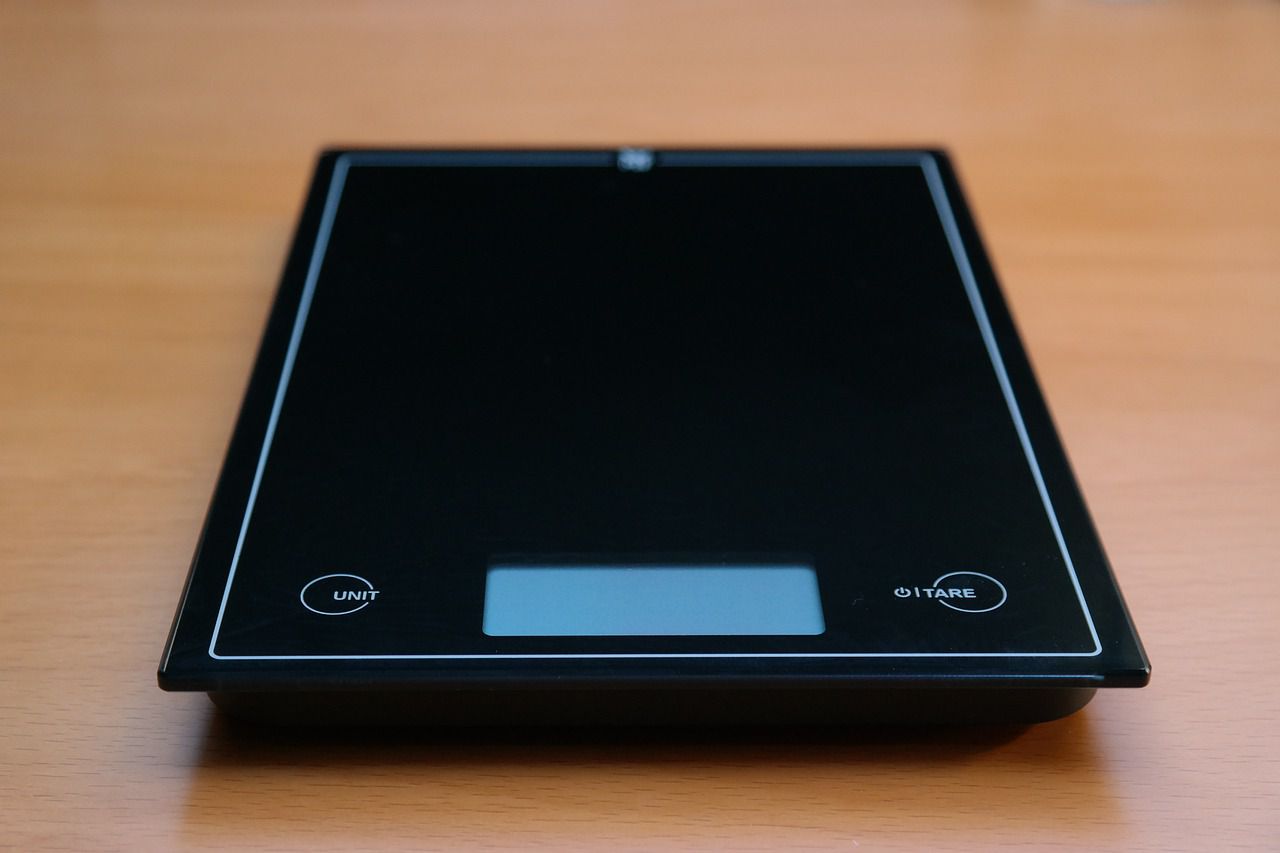If you want to consume fewer calories, then you need to know how much you actually eat - but it can be exhausting to count them every time, especially when you're not home.
Managing portion control and avoiding overeating can be achieved without weighing your food every time.
Here are some practical tips to help you maintain a healthy diet and prevent overeating.

Use smaller plates
Choose smaller plates and bowls for your meals.
When you serve food on a smaller plate, it creates an illusion of a fuller plate, which can help you feel satisfied with smaller portions.
Be mindful of portion sizes
Familiarize yourself with appropriate portion sizes for different food groups.
For example, a serving of protein (like chicken or fish) is typically around the size of your palm, a serving of grains (rice, pasta) is about the size of your fist, and a serving of vegetables should be around half your plate.
Drink water before meals
Drinking a glass of water before a meal can help you feel fuller and reduce the tendency to overeat.
Use the "half-plate rule"
When serving your meal, aim to fill at least half of your plate with vegetables and fruits.
These are typically lower in calories and higher in fiber, helping you feel full while promoting a balanced diet.
Be mindful of liquid calories
Beverages like soda, sweetened juices, and alcoholic drinks can add extra calories without making you feel full.
Opt for water, herbal teas, or other low-calorie options.













